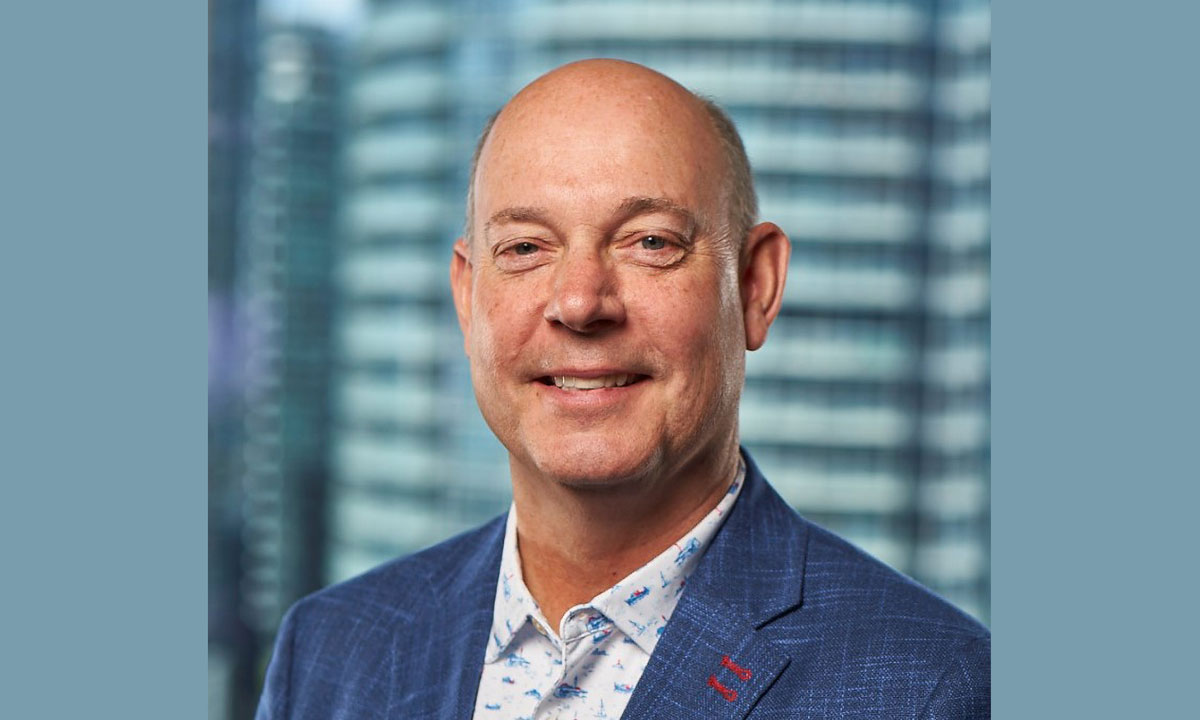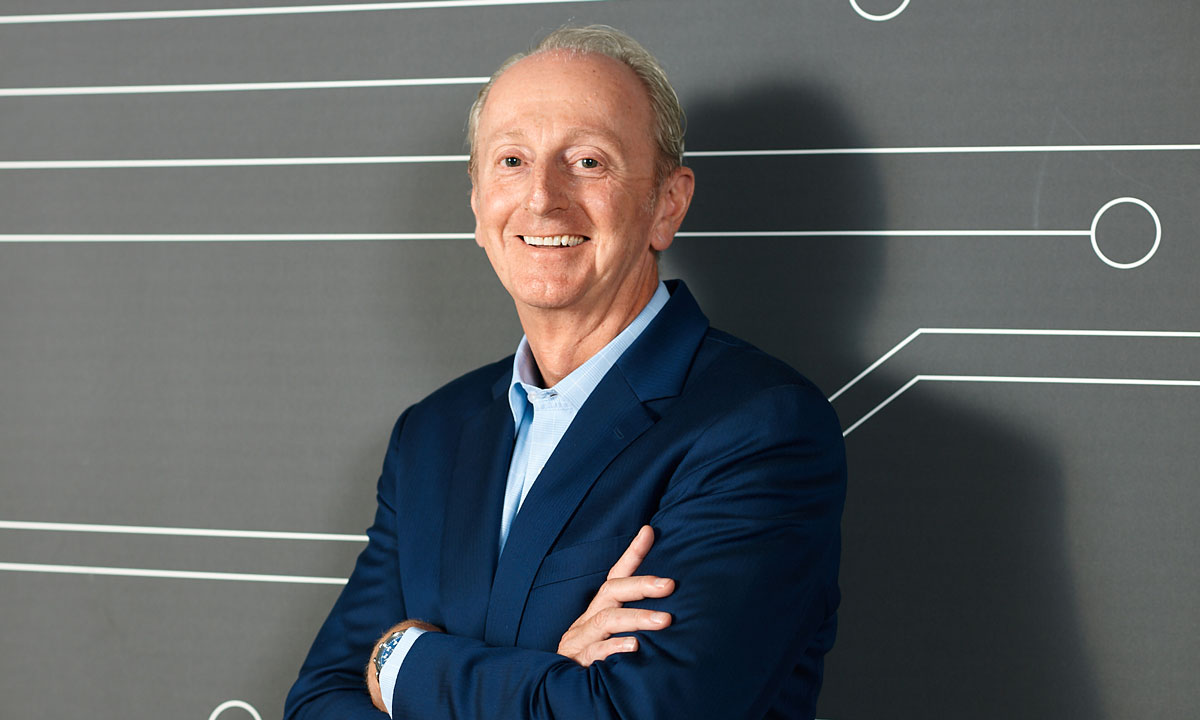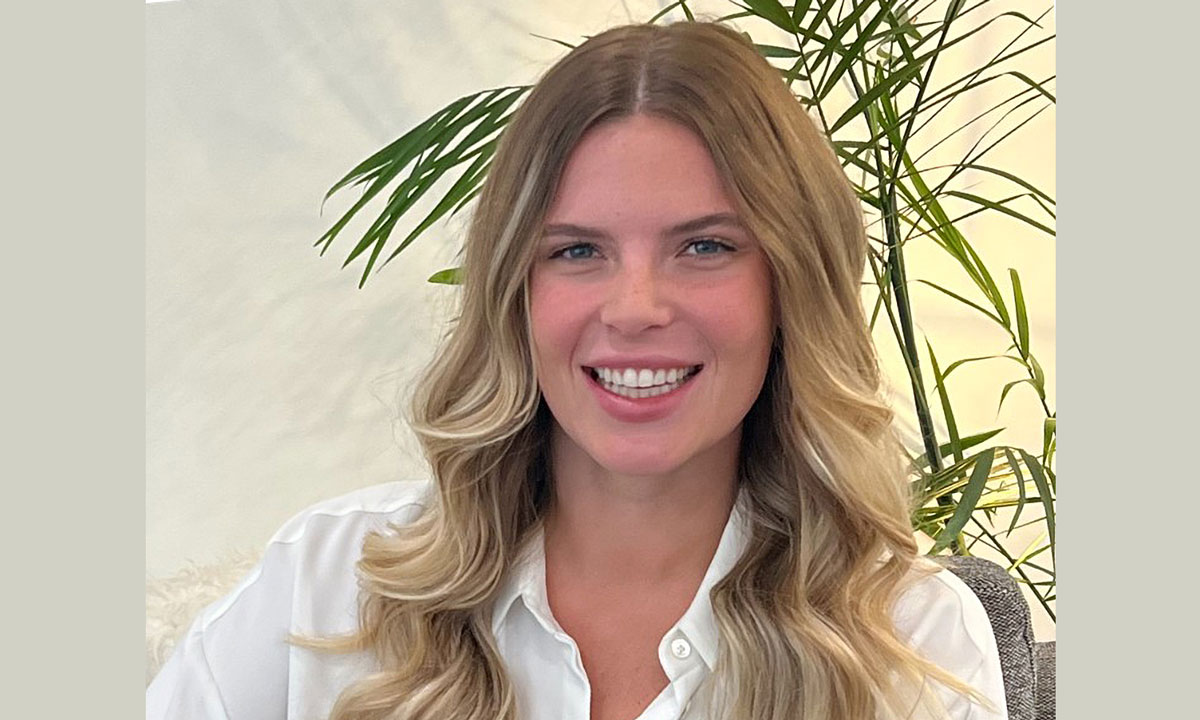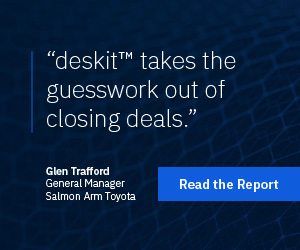Canadian auto dealer reached out to key lenders who serve the automotive retail industry to get a sense of their outlook and plans for dealers in 2025
Bankers, like most business leaders, like certainty. Or at least, a measure of predictability, tempered with the reality that things can change in a hurry.
The bankers we reached out to for this article to provide an outlook for 2025 were generally optimistic about what the year ahead might look like for car dealers — but they also signalled that these aren’t typical times.
On top of the regular unpredictability over things like high interest rates, vehicle affordability concerns and general lackluster consumer confidence, the looming economic risks from U.S. tariffs and a Canadian election this year make predictions even more perilous.
We talked to the banking leaders for automotive from five banks who do regular business with dealers and their customers to get their perspectives. We talked with:
- Alexandra Goslar, Senior Director, CIBC Auto Finance;
- John Hiscock, Senior Vice President, Automotive Finance at Scotiabank;
- Chris Morrison, Associate VP, Eastern Canada Sales, National Accounts & OEM Partnerships with TD Auto Finance;
- Stéphane Pelletier, Senior Manager Strategic Alliances, Third Party and Partnerships Management, Consumer Financing, National Bank of Canada; and
- Grant Simons, VP & Head, RBC Automotive Finance.
ECONOMIC OUTLOOK
“I think from a 2025 perspective, I definitely think we’re headed in the right direction, but we’re not out of the woods yet,” said CIBC’s Alexandra Goslar.
“The primary reason we’re not out of the woods would be the impact that mortgage renewals are going to have on the Canadian consumer. So when you think of how many Canadian consumers locked into a mortgage between 2020 and 2022, which is when mortgage rates were low, a high percentage of them are coming up for renewal either last year into this year and 2026,” said Goslar. “The impact that it’s going to have on consumers is huge. They’re going to experience a significant payment shock that will make affordability within their household very challenging.”
Goslar said on the used car side of the equation, high interest rates made new cars unaffordable for many people which drove up the value of used cars. Those prices are now starting to fall and normalize, she said.
In terms of EVs, Goslar said CIBC decided to help spur consumer adoption by offering low rates for EVs, and through a relationship with FLO, their clients also get reduced rates if they buy an EV charger.
RBC’s Grant Simons said the bank is feeling optimistic about 2025. “The short answer is we’re pretty optimistic about 2025 and there are a number of levers that can contribute to that. One, we are seeing some signs of improvement in the underlying economics of the country and the Canadian consumer. A lot of that is driven by interest rate reductions,” said Simons.
Simons said the bank’s economic group estimates that for every 25 basis point reduction in the prime interest rate it generates $7-8 billion of consumer economic activity. The interest rate drops also help free up capital for dealers both from a profit point of view but also for reinvestment.
“The short answer is we’re pretty optimistic about 2025 and there are a number of levers that can contribute to that. One, we are seeing some signs of improvement in the underlying economics of the country and the Canadian consumer. A lot of that is driven by interest rate reductions.” — Grant Simons, VP & Head, RBC Automotive Finance
TD Auto Finance’s Chris Morrison said the impact of the tariffs and economic uncertainty are difficult to predict. “As far as interest rates, we’re still calling it down to two-and-a quarter by the end of this year. So that will help consumers to some degree if the rate continues to drop down,” said Morrison. “I think the consensus is about a quarter point every quarter until they get down to that target of around 2.25.”
Morrison said he doesn’t expect new vehicle sales to be quite back to 2019 levels, but “it will be close.” Like many of his banker colleagues, he said: “I’m cautiously optimistic.”
The National Bank’s Stéphane Pelletier said affordability remains a concern. “In 2025, the Bank of Canada should continue their rate cuts. That usually helps increase customer confidence and promote consumption. That should also result in better financing offers for both dealers and customers,” said Pelletier. “Affordability, however, remains a concern for many, both for new and used cars buyers. Added to this is an economy that remains sluggish, the threat of tariffs and now, the end of EV subsidy. All this creates uncertainty. Indeed, 2025 will likely call for caution for many, and that can slow down consumption in general.”
Pelletier said the bank expects sales growth of 3-4 per cent, driven by more available inventory and more OEM incentives.
For his part, Scotiabank’s John Hiscock said the bank is keeping a close eye on the larger forces shaping the economy. With that as a caveat, he said: “Certainly our view on 2025 was a very positive one from both an auto lending and a consumer confidence perspective. We feel better about 2025 than 2024 and certainly 2023,” said Hiscock. “I say that based on a few things. Interest rates certainly are helpful. We’ve seen rates come down last month, and we’re expecting that to continue. So that should help from a financing perspective and a little bit on the affordability.”
Hiscock said most dealers have lots of inventory, and floor plan rates are likely going to come down which lowers their borrowing costs. “That expense has been a big one for them over the past couple of years when rates really took off,” said Hiscock.
In terms of the financial health of the dealer body, Hiscock says most are in a strong position. “We all like to think we’ve got really good operators in our portfolio, which we at Scotiabank really do. Dealer health is still strong now. They’re not making the money they made during COVID, but I don’t think anyone expected that to continue and continue,” he said. “So it all pieces together to make up for what should be a relatively strong 2025.”
FIGHTING FRAUD
TD Auto Finance’s Morrison said he’s encouraged that the industry and more people are talking about fraud and working on solutions.
“I think we are making some headway. But again, it is a joint effort. There’s not going to be one silver bullet that can stop fraud in an indirect space or the auto space for that matter. There’s just so many opportunities for fraud. Everybody’s just got to do better. Everyone’s just got to be aware of it. Number one, it has to be top of mind and everyone has to talk to each other,” said Morrison.
Morrison said the bank is doing “a ton of training” including fraud prevention training by their field reps, one-on-one training and virtual training.
Scotiabank’s Hiscock said the bank has been putting measures in place to combat fraud for several years. “It started primarily back in 2019 when we started to see more fraud than we had previously seen,” he said. “We’ve actually installed hardware that will verify a license. We use technology from the same company that makes the NEXUS machines.”
But he adds that fighting fraud requires more than technology. “This is fraud, and deterrence is not one solution. It is a number of things you have to have going to really help. So the ID verification, the fraud database, and our area sales managers on a regular basis do fraud training in the dealerships.”
“On the automation of decision making, that’s something that we’re always trying to improve.” — John Hiscock, Senior Vice President, Automotive Finance, Scotiabank
Hiscock said the goal is to eliminate fraud from the industry. “I’m not happy if our fraud moves from Scotiabank to another bank or from them to us, we want to eliminate it. So we’re all trying to get to the point where we’ve got the same tools in place so that I’m not just putting more friction in place, which will then send the frauds to another bank,” said Hiscock.
RBC’s Simons said battling fraud remains a priority. “Fraud has been a challenge in the Canadian automotive industry and continues to be both for dealers who’ve experienced losses as well as banks. So all of those factors in totality, access to capital in both provisions for credit, losses, fraud, all of those factors contribute to the business case and automotive and the extent to which banks want to extend balance sheets to support it,” said Simons.
“But I can say unequivocally, our appetite has not changed during the pandemic nor since the pandemic. We continue to be bullish. We’re very comfortable with our position in the market and have no plans to scale back. In fact, the opposite is true, we’re continuing to look to expand our footprint in auto,” said Simons.
Simons said there has been excellent progress in fraud detection, with AI tools and identify verification tools but ultimately it’s about the people in the front lines being trained and vigilant. “Ultimately, while a bit old school, the primary way that fraud gets prevented is to know your customer, and that requires all of the dealers in Canada to make sure that their F&I folks are trained, they know the customer, and they’ve done due diligence around who the customer is.”
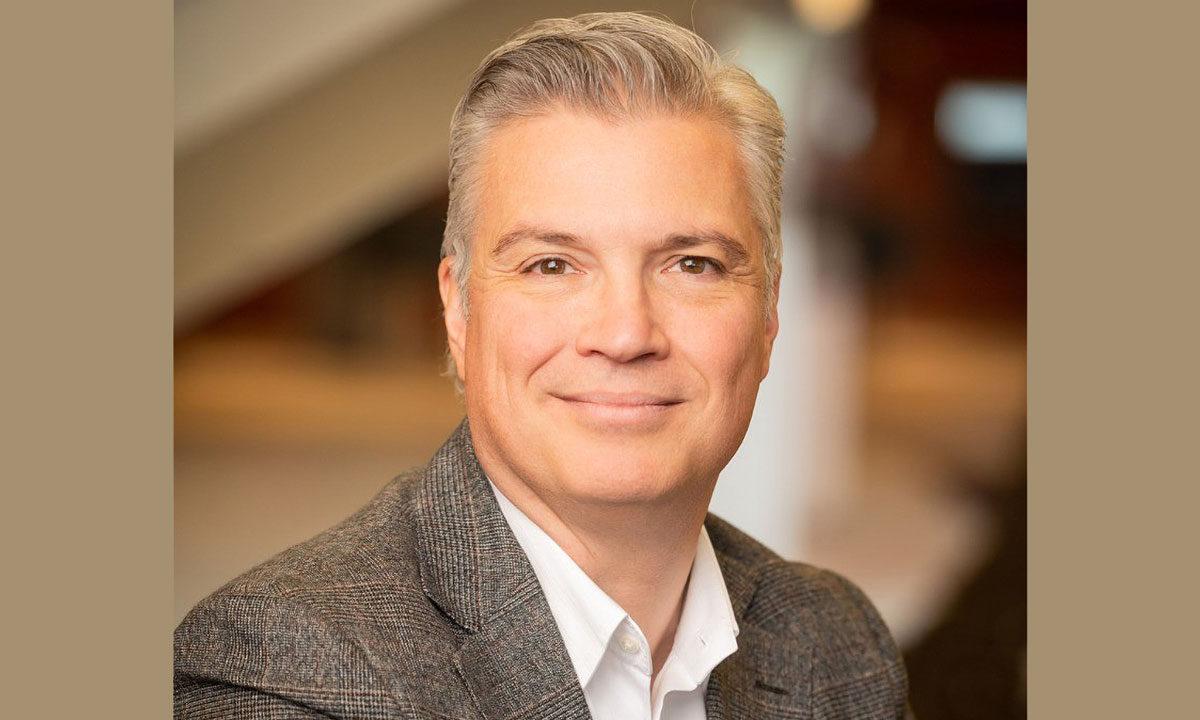
Stéphane Pelletier, Senior Manager Strategic Alliances, Third Party and Partnerships Management, Consumer Financing, National Bank of Canada
“National Bank is invested to contribute to mitigating fraud in the industry. Our security experts, with the support of Transunion fraud specialists, gave a 45-minute webinar and we have a monthly newsletter that presents tips and case study to raise fraud prevention awareness,” said National Bank’s Pelletier.
“But the ongoing effort comes from the National Bank’s dedicated relationship managers, at the dealer level, that provide on-premises seminars and one-to-one coaching on fraud detection and prevention. The bank uses many fraud detection tools and has a solid team of security specialists for auto lending. All security flags are shared ‘near live’ with the dealer by their relationship manager to prevent fraud or use them for coaching.”
Pelletier, like many of the other bankers we talked with, also said all industry stakeholders, including: lenders, dealership management and F&I providers need to work together to combat fraud.
“We are a business of people: we believe in physical presence on the field, being there for the F&I and the management team is very important for us at National Bank.” — Stéphane Pelletier, Senior Manager Strategic Alliances, Third Party and Partnerships Management, Consumer Financing, National Bank of Canada
CIBC’s Goslar said fraud is “extremely prevalent” in the industry, in terms of people disclosing what their income is, and others pretending to be somebody else. “This is something we’re highly focused on, both to protect our dealer partners as well as to protect CIBC,” said Goslar. “I’ve seen fraud cases where they have a passport, drivers license, credit card, debit card, all look legit and it’s not their real name.”
She said the bank provides a range of dealership fraud training, which involves real-life case studies, information sharing, and interactive modules to help ensure effective learning for dealers.
“You really try to balance out how you’re going to protect yourselves and protect your dealer partners from being or impacted by fraud, but also trying to minimize the amount of impact or friction that it’s introducing in the process that can also hinder your relationship and your sales,” said Goslar, echoing a challenge other bankers highlighted in terms of speed vs. fraud risk mitigation.
TECHNOLOGY
“National Bank offers the quickest approval in the market, fast funding and simple loan documentation. We’re currently deploying new technology to improve efficiency and expedite the processing of the deals,” said National Bank’s Pelletier. “Other technological improvements that will benefit both dealers and customers are in our 2025 plan.”
CIBC’s Goslar said the bank is always adjusting and optimizing its processes to help speed loan approvals and deal funding. “It’s definitely a huge area of focus. It’s something that CIBC is heavily investing in and prioritizing, which is automation and streamlining of our processes,” said Goslar. “We are focused on optimizing our auto adjudication strategy, so telling dealers ‘yes’ more quickly as well as on the funding side of things.”
Goslar said the bank is also using more technology on the consumer side, including reaching out to customers through text and other means to remind clients of any missed payments, and to intervene to offer hardship solutions as needed.
Hiscock said the bank is always looking to streamline its processes, while managing the risks of processing as many as 50,000 applications a month. “On the automation of decision making, that’s something that we’re always trying to improve,” said Hiscock. He said for some dealer partners, they have north of 80 per cent of deals going through automated approvals. “That approval comes back within seconds.”
Hiscock said their research shows that if you approve a deal quickly, your propensity of booking it as a contract increases if you stay below 20 minutes. “Once you get over 20 minutes on an approval, the propensity for you to book that loan starts to diminish the longer you take to get back to that dealer,” he said.
He added dealers all say the biggest thing they want is for the banks to fund the deals as quickly as possible once approved so they get their money, and automated tools are helping to process deals more quickly, and e-signatures are speeding up the process.
“This is something we’re highly focused on, both to protect our dealer partners as well as to protect CIBC. I’ve seen fraud cases where they have a passport, drivers license, credit card, debit card, all look legit and it’s not their real name.” — Alexandra Goslar, Senior Director, CIBC Auto Finance
RBC’s Simons said the bank’s technology platform helps dealers manage their integrated financial transactions. “It’s not just the floor plan rate, but it’s the technology platform that supports it. We believe we have a leading platform that helps automate a lot of the processes for dealers and makes it easier for them to transact and then integrate with that,” said Simons.
Simons said RBC had also invested heavily in an entirely new credit strategy that’s been customized for auto. “We believe it’s industry leading in terms of the types of data that it uses and the decisioning accuracy and speed. We’ve been successful in materially increasing both unconditioned approval rates as well as auto approval rates,” said Simons, adding he can’t provide all the details because it’s proprietary.
For Morrison and TD, they are embracing tech to optimize their processes. “Our goal this year is speed and accuracy. It’s great to be fast, but if you’re not accurate, then you’re actually slower. We want to be faster, but we want to move fast enough that we’re still doing things properly. So that’s really the balance we have to hit this year,” said Morrison. “We know that our customers demand it, our dealers demand it.”
Morrison said the company also partnered with AutoVerify to help consumers get pre-approved for vehicle purchases. “We’re trying to invest in those types of things, and technology to drive more leads and ultimately better qualify customers to our dealerships. It’s been fantastic.” — Chris Morrison, Associate VP, Eastern Canada Sales, National Accounts & OEM Partnerships, TD Auto Finance
He said the bank also developed a TD Wheels App a few years ago that helps consumers shop for vehicles and then get pre-approval from TD. credit approval. “It provides a list of our approved dealers they can choose and that pre-approved application will show up in the dealer’s portal. It’s pretty slick.”
Morrison said the company also partnered with AutoVerify to help consumers get pre-approved for vehicle purchases. “We’re trying to invest in those types of things, and technology to drive more leads and ultimately better qualify customers to our dealerships. It’s been fantastic.”
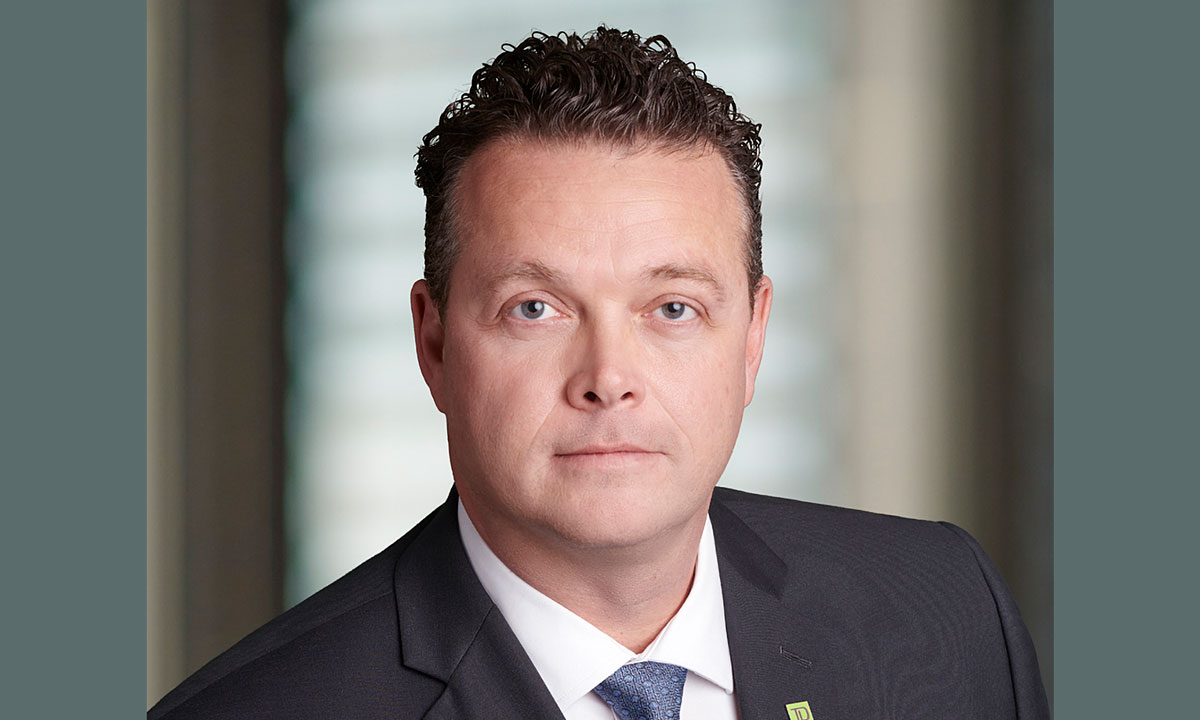
Chris Morrison, Associate VP, Eastern Canada Sales, National Accounts & OEM Partnerships, TD Auto Finance
Morrison said getting pre-approved for mortgages is something we all expect before house shopping, so why not for auto? “It’s all automated. We don’t pull their bureau, we don’t look at it, we don’t adjudicate it. It’s done instantaneously for the customer. So taking that question out of that buying decision, just eliminates that friction,” said Morrison.
WORKING WITH DEALERS
For Simons, as large as the auto industry is, it’s all about the people. “My personal belief, and I think one shared by many others, is that this is ultimately a relationship driven industry first,” said Simons. “You need that relationship stability to help support dealers, because trust is a fragile commodity and you need to build that trust and maintain that trust over some time. You need a partner who’s going to be there in the good times — and the bad.”
National Bank’s Pelletier echoed the importance of people. “We are a business of people: we believe in physical presence on the field, being there for the F&I and the management team is very important for us at National Bank. We truly care about their business and how we can support them, helping and educating on fraud mitigation, being seen as a true partner, not a commodity, bringing value to the management team. We are very proud of our team that supports our dealers: More than 30 dealer relationship managers on the road managed by three regional directors based out of Vancouver, Toronto and Montreal,” said Pelletier.
Goslar said last year CIBC made a big push to increase grassroots efforts. “We’re focusing on dealer recognition events more regionally than we have been previously to both recognize dealers for the strong relationships they have with CIBC. And I always think that face-to-face when it’s not just a rep quickly stopping in at a dealership, but actually spending time together and getting to know each other is extremely valuable,” said Goslar.




